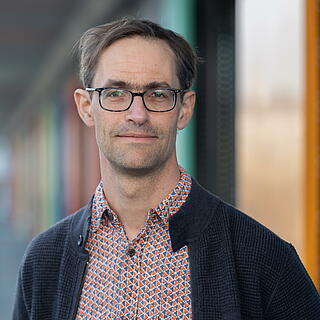Social impacts of artisanal cobalt mining in Katanga, Democratic Republic of Congo
Between 67,000 and 108,000 workers are involved in the extraction of cobalt in mostly unregistered mines in the Democratic Republic of the Congo. They frequently work under dangerous conditions; fatal accidents are the order of the day. Each year more than one hundred people die in Congolese mines as a result of landslides, shaft collapses and flooding. Child labour is also common: 19,000 to 30,000 children under the age of 15 extract or wash the ore, and separate the extracted minerals.
These are key findings of a study conducted by Oeko-Institut on the social impacts of cobalt production in the Democratic Republic of the Congo. “The working conditions of cobalt production in the Congo have to be substantially improved”, says Andreas Manhart, researcher at Oeko-Institut. “Both the Congolese government – which is to be elected today – and the large buyers of this valuable metal should bear the responsibility for improving these conditions.”

